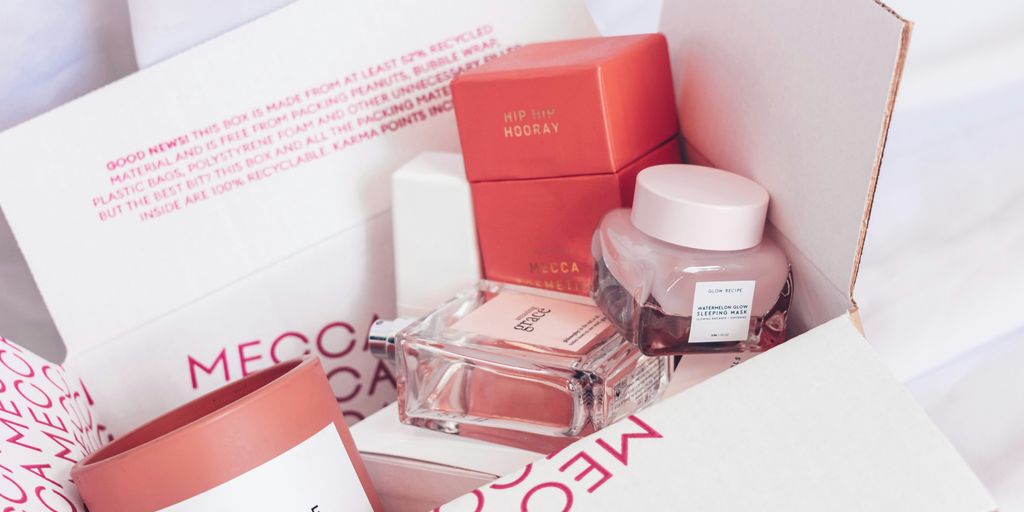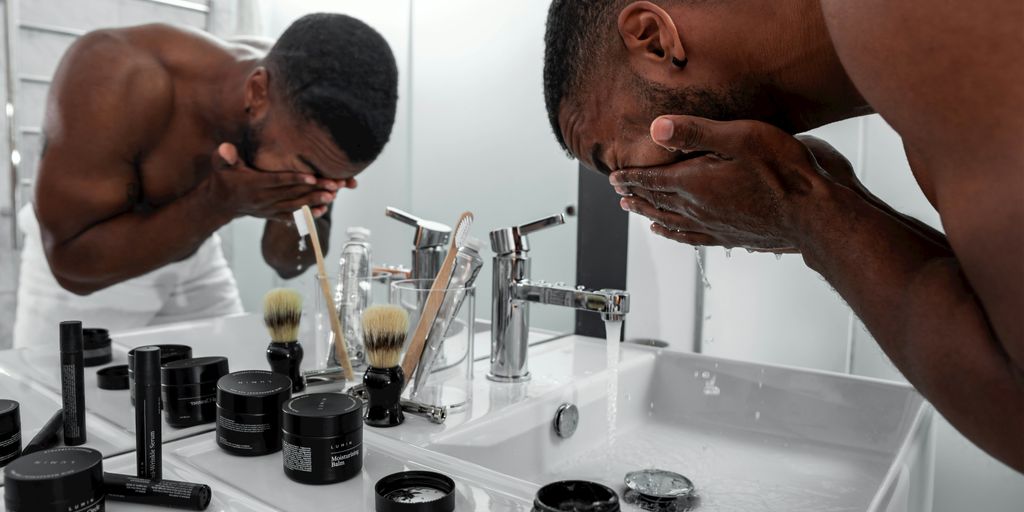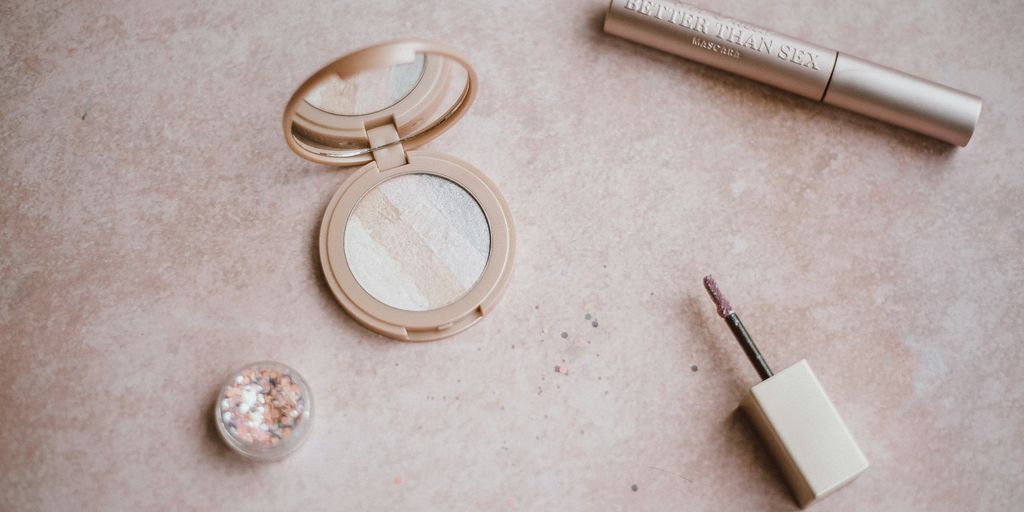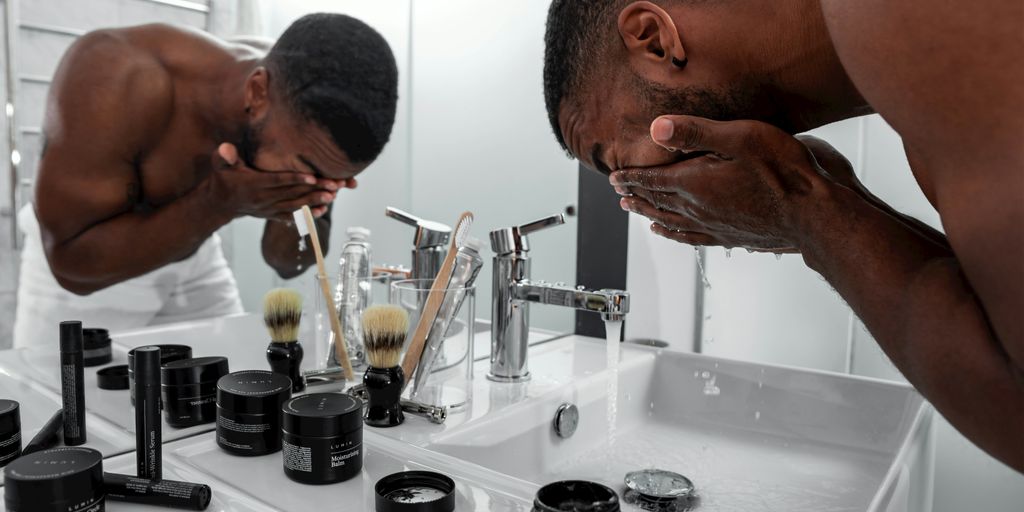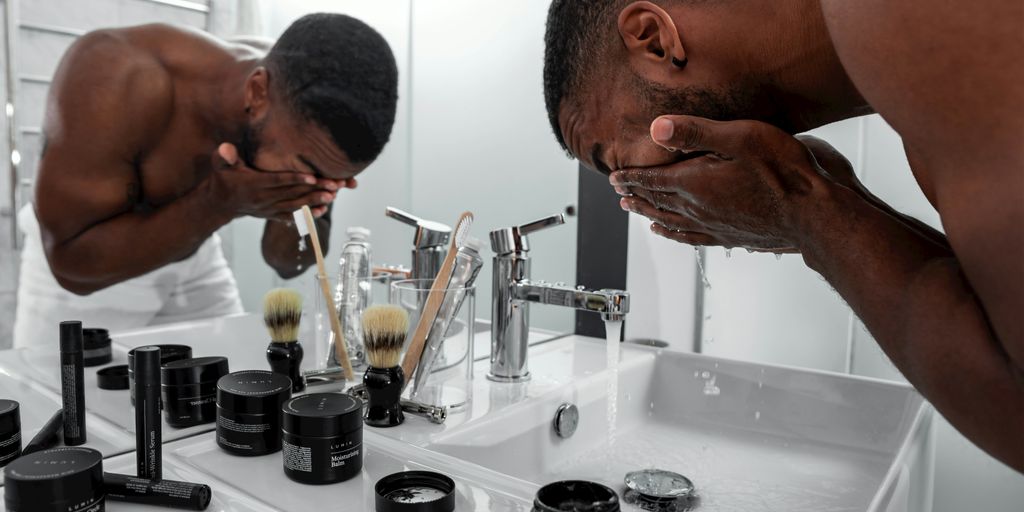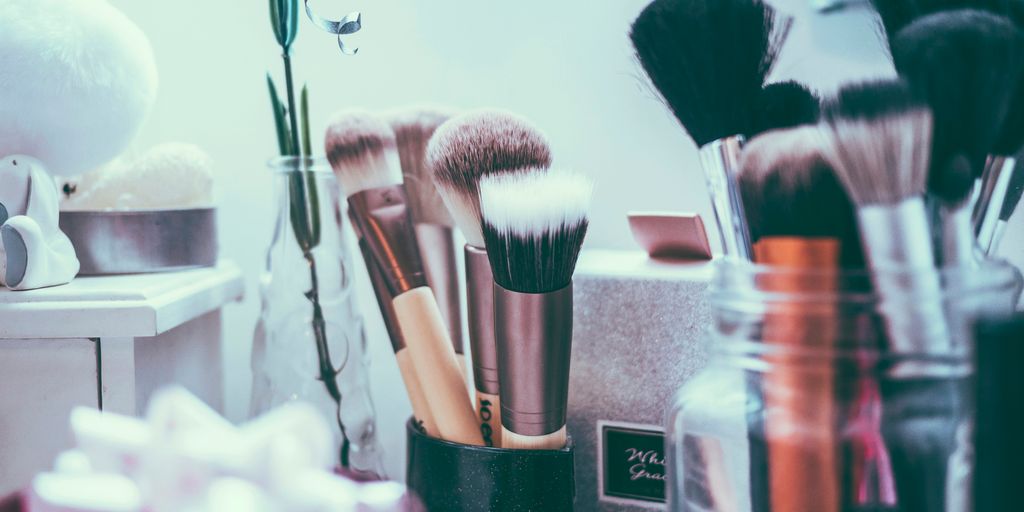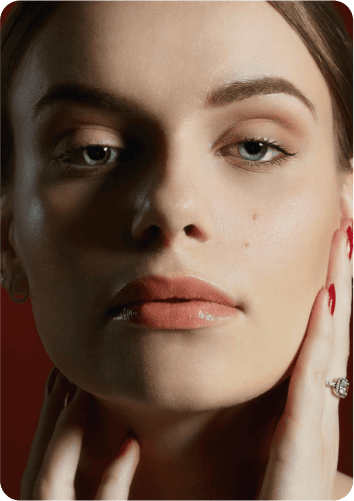As consumers become more conscious about the products they buy, the question of whether brands are cruelty-free has gained significant attention. One brand that often comes up in these discussions is Dior. Known for its luxury cosmetics and fashion, many wonder: is Dior cruelty free? In this article, we will take a closer look at Dior’s animal testing policies and what they really mean for consumers in 2025.
Key Takeaways
- Dior claims not to test its finished products on animals, but allows third-party testing where required by law, such as in China.
- The brand does not have certifications from recognized cruelty-free organizations like PETA or Leaping Bunny.
- Dior’s use of animal-derived ingredients in some products raises questions about its vegan status.
- Consumer demand for transparency and ethical practices is influencing how brands like Dior approach animal testing.
- There are many cruelty-free alternatives to consider if you’re looking for ethical beauty products.
Understanding Cruelty-Free Standards
Defining Cruelty-Free
So, what does "cruelty-free" really mean? It’s more than just a buzzword. Basically, it means a company doesn’t test its products (or the ingredients in them) on animals, at any stage. This includes the final product, the individual ingredients, and any formulations they use. It’s about ensuring no animals are harmed in the making of your beauty products.
Importance of Alternative Testing
Why is alternative testing so important? Well, for starters, animal testing can be pretty awful. But beyond the ethical concerns, there are also scientific reasons to move away from it. Alternative methods, like in-vitro testing (testing in a lab, not on a living being) and computer modeling, can often be more accurate and reliable than animal tests. Plus, they’re usually faster and cheaper. It’s a win-win!
- Reduced harm to animals
- Potentially more accurate results
- Faster and more cost-effective
Consumer Expectations for Cruelty-Free Brands
Consumers today are way more aware and concerned about where their products come from. People want to know that the brands they support align with their values. For many, that means choosing cruelty-free options. There’s a growing expectation that brands will be transparent about their testing policies and prioritize ethical practices. If a brand isn’t cruelty-free, they risk losing customers who are actively seeking out more compassionate choices.
It’s not just about buying makeup anymore; it’s about making a statement. Consumers are using their wallets to support companies that are doing things the right way, and that includes avoiding animal testing.
Dior’s Official Stance on Animal Testing
It’s important to understand where Dior stands on animal testing. It’s a topic with a lot of nuances, especially when dealing with a global brand. Let’s break down their public statements, the role of third-party testing, and how legal requirements in different markets affect their practices.
Public Statements from Dior
Dior states that they are committed to eliminating animal testing. They claim that since 1989, they haven’t conducted animal tests on their cosmetic products. This sounds pretty good at first glance, right? They emphasize using advanced scientific techniques for safety evaluation instead of animal testing. However, it’s important to dig a little deeper to understand the full picture.
The Role of Third-Party Testing
One thing to consider is third-party testing. Dior might not directly conduct the tests themselves, but they might allow a third party to do so. This is where things get a bit murky. It’s a common practice in the cosmetics industry, and it’s important to understand the implications. It’s not always clear who these third parties are or what their testing methods involve.
Legal Requirements in Different Markets
A major factor influencing Dior’s animal testing practices is the legal requirements in different countries. For example, China has historically required animal testing for imported cosmetics. This means that even if Dior doesn’t want to test on animals, they might have to in order to sell their products in certain markets. This is a complex issue with no easy answers.
Here’s a simplified view of how market regulations can impact animal testing:
- Market A (e.g., EU): Animal testing is banned.
- Market B (e.g., China): Animal testing may be required for some imported cosmetics.
- Dior’s Approach: Complies with local regulations, which may include third-party animal testing in Market B.
It’s a tricky situation, and it’s up to each consumer to decide whether they’re comfortable with a brand that operates this way.
The Reality of Dior’s Animal Testing Practices
Testing in China and Other Regions
Dior, like many luxury brands, faces a tough situation when it comes to animal testing. While they state they avoid animal testing where possible, the reality is more nuanced. A key factor is that Dior sells its products in China, where animal testing has historically been mandatory for imported cosmetics. This means that, to comply with local laws, some Dior products may undergo animal testing performed by third-party labs. It’s a situation that puts them at odds with truly cruelty-free brands.
Implications of Third-Party Testing
The fact that Dior allows third-party testing, even if they don’t conduct the tests themselves, is a sticking point for many consumers. It raises the question: does outsourcing the testing make it ethically better? For many, the answer is no. The animals are still subjected to testing because of Dior’s decision to sell in markets that require it. This practice also makes it difficult for organizations like Leaping Bunny and PETA to certify Dior as cruelty-free. They generally require brands to avoid animal testing at every stage of production and distribution.
Consumer Misconceptions
There’s often confusion about what "cruelty-free" really means. Many people assume that if a brand claims not to test on animals, it’s a blanket statement. However, the devil is in the details. Some common misconceptions include:
- Believing that "cruelty-free" automatically means vegan (it doesn’t).
- Assuming that a brand is cruelty-free worldwide just because it is in some regions.
- Not understanding the implications of third-party testing.
It’s important for consumers to do their research and understand the nuances of a brand’s animal testing policy before making a purchase. Don’t just take marketing claims at face value. Look for certifications and read the fine print.
Ultimately, the reality of Dior’s animal testing practices is complex. While they may be taking steps to reduce animal testing, their presence in markets like China means they aren’t entirely cruelty-free. It’s up to each consumer to decide if they’re comfortable with this compromise.
Evaluating Dior’s Vegan Product Offerings
It’s tough to figure out which products from big brands like Dior are truly vegan. They might have some, but finding them can be a real challenge. Let’s break down what to look for.
Ingredients to Watch For
Okay, so when you’re trying to find vegan stuff, you gotta be like a detective reading the ingredients list. Some sneaky animal-derived ingredients pop up in cosmetics and fragrances. Here’s a few to keep an eye out for:
- Beeswax: Obvious one, but it’s in a lot of lip balms and creams.
- Lanolin: Comes from sheep’s wool; often in moisturizers.
- Carmine: A red dye made from crushed bugs – yikes!
- Musk and Ambergris: Traditionally from animals, though synthetic versions exist now.
The problem is, even if a product seems mostly vegan, one of these ingredients can ruin it. It’s a bit of a minefield, honestly.
Transparency in Vegan Claims
This is where things get tricky. Dior doesn’t exactly shout from the rooftops about their vegan options. They don’t have a dedicated vegan range that’s easy to spot. Lack of transparency makes it hard to trust what’s really vegan and what isn’t. Some brands are super clear, but Dior isn’t one of them. It would be great if they had a clear label or a list of certified vegan products, but as of right now, they don’t.
It’s frustrating when brands aren’t upfront about their ingredients. You end up spending ages researching individual products, and you’re still not 100% sure. It would be so much easier if they just made it clear which items are totally plant-based.
Challenges for Vegan Consumers
So, what does this all mean for us vegan consumers? Well, it means we have to work harder. Here’s the deal:
- Research is key: You can’t just grab something off the shelf; you need to check every single ingredient.
- Contacting customer service: Sometimes, the only way to be sure is to ask Dior directly about a specific product.
- Relying on third-party resources: Vegan blogs and databases can be helpful, but always double-check the info.
Honestly, it’s a bit of a pain. It would be so much easier if Dior stepped up and made things clearer. Until then, we’re stuck doing the detective work ourselves.
The Ethical Dilemma of Luxury Brands
Luxury brands often carry a certain allure, a promise of quality and exclusivity. But what happens when that image clashes with ethical concerns like animal testing? It’s a question more and more consumers are asking themselves.
Luxury vs. Ethical Practices
It’s a tricky balance. On one hand, luxury brands have built their reputations on tradition and specific formulations, which historically may have involved animal testing. On the other hand, today’s consumers are increasingly aware and demanding ethical practices. It creates a real tension for these companies. Some are adapting, slowly, but others seem resistant to change. It makes you wonder if they’re willing to risk their image for the sake of old habits.
Consumer Responsibility
Ultimately, we, as consumers, hold a lot of power. Where we choose to spend our money sends a message. Are we willing to overlook potentially unethical practices for a name brand? Or will we support companies that align with our values? It’s not always easy, especially when marketing can be misleading. Doing a little research before you buy can make a big difference. It’s about making informed choices, even if it means sacrificing a little bit of that luxury appeal.
Alternatives to Dior
If Dior’s practices don’t sit right with you, don’t worry, there are other options. Plenty of brands offer high-quality products without animal testing. You might have to look a little harder, and maybe try some new brands, but it’s worth it to find something that aligns with your ethics. Plus, you might discover a new favorite!
It’s important to remember that supporting cruelty-free brands isn’t just about avoiding harm to animals. It’s also about encouraging companies to adopt more ethical and sustainable practices across the board. It’s a vote for a better future, one purchase at a time.
The Impact of Regulatory Requirements
Understanding Global Regulations
Navigating the world of cosmetics regulations is, well, complicated. Different countries have different rules about animal testing, and this directly affects brands like Dior. For example, some regions might require animal testing for certain products before they can be sold there. This creates a real challenge for brands that want to be cruelty-free across the board. It’s not always a simple yes or no answer; it’s more like a complex web of laws and requirements that companies have to carefully consider.
How Regulations Affect Cruelty-Free Claims
The term "cruelty-free" can mean different things depending on where you are. Regulations play a big role in this. A product labeled as cruelty-free in one country might not meet the standards in another. This is because the definition of cruelty-free isn’t universally agreed upon. Some regulations might only focus on the final product, while others might also include the testing of individual ingredients. This lack of a global standard makes it hard for consumers to know for sure if a product truly aligns with their values.
Dior’s Compliance with Local Laws
Dior, like any global brand, has to follow the laws of each country where it sells its products. This means that in some cases, they might have to comply with regulations that require animal testing, even if it goes against their stated commitment to cruelty-free practices. It’s a balancing act between adhering to ethical standards and meeting legal obligations. It’s important to remember that companies often operate within the confines of the law, even when those laws aren’t ideal.
It’s a tough situation. Companies are trying to navigate a complex legal landscape while also trying to meet consumer expectations for ethical products. It’s not always easy to do both, and sometimes compromises have to be made.
Here’s a simplified view of how regulations can impact a brand’s choices:
- Market Access: Regulations determine where a product can be sold.
- Testing Requirements: Some regions mandate animal testing for specific products.
- Labeling Standards: Rules dictate what claims can be made on product labels.
Exploring Alternatives to Dior

It’s understandable to want luxury beauty products while also sticking to your ethical values. Luckily, the beauty market is full of brands that prioritize cruelty-free and vegan practices. Finding alternatives to Dior doesn’t mean sacrificing quality or style; it just means making informed choices.
Brands with Strong Cruelty-Free Certifications
When looking for alternatives, certifications from organizations like Leaping Bunny or PETA are a great place to start. These certifications mean a third party has verified the brand’s commitment to no animal testing at any stage of production. Some brands to consider include:
- Urban Decay: Known for its vibrant colors and high-performance makeup, Urban Decay is a long-time favorite in the cruelty-free community.
- Pacifica: Offers a wide range of vegan and cruelty-free skincare, makeup, and hair care products at accessible prices.
- Axiology Beauty: Focuses on creating vegan and cruelty-free lipsticks with a commitment to sustainability.
Affordable Cruelty-Free Options
Ethical beauty doesn’t have to break the bank. Many affordable brands are dedicated to cruelty-free practices. Here are a few to check out:
- E.L.F. Cosmetics: Offers a wide range of makeup and skincare products at very affordable prices, all while being cruelty-free and increasingly vegan.
- Wet n Wild: Another budget-friendly option with a large selection of cruelty-free products, including many vegan choices.
- Milani Cosmetics: Known for its high-quality formulas and trendy colors, Milani is a great option for those seeking affordable and cruelty-free makeup.
Supporting Ethical Beauty Brands
Choosing ethical beauty brands is about more than just avoiding animal testing. It’s about supporting companies that value transparency, sustainability, and fair labor practices. Here are some ways to support these brands:
- Do your research: Look beyond certifications and investigate a brand’s overall ethical practices, including their environmental impact and social responsibility initiatives.
- Read reviews: See what other consumers are saying about a brand’s products and their ethical commitments.
- Vote with your wallet: By choosing to purchase from ethical brands, you send a message to the beauty industry that consumers care about cruelty-free and sustainable practices.
It’s important to remember that the definition of "cruelty-free" can vary. Some brands may claim to be cruelty-free but still sell their products in markets where animal testing is required by law. It’s up to each consumer to decide what level of ethical commitment they are comfortable with.
Ultimately, the choice of which brands to support is a personal one. By doing your research and making informed decisions, you can find amazing alternatives to Dior that align with your values.
If you’re looking for stylish options that are kinder to the planet, there are many great brands to consider instead of Dior. These alternatives offer trendy designs while also focusing on sustainability. Check out our website to discover eco-friendly fashion choices that fit your style and values!
Final Thoughts on Dior’s Cruelty-Free Status
In wrapping up, it’s clear that Dior’s claims about being cruelty-free are a bit murky. They say they don’t test their finished products on animals, but the fact that they allow third-party testing where it’s required by law—like in China—raises some serious questions. For those who care about animal welfare, it’s essential to dig deeper and look for brands that are truly committed to cruelty-free practices. While Dior has a reputation for luxury, it seems they haven’t fully embraced the ethical standards many consumers expect today. So, if you’re passionate about supporting cruelty-free brands, you might want to explore other options that align better with your values.
Frequently Asked Questions
Is Dior considered a cruelty-free brand?
Dior claims not to test its finished products on animals, but they allow third-party testing where it’s required by law, like in China. This means they are not fully cruelty-free.
What does cruelty-free mean?
A cruelty-free brand does not test its products on animals at any stage. It uses alternative methods that do not harm animals.
Why is animal testing still done?
Some countries require animal testing for cosmetics to ensure safety. This is why brands like Dior may still test their products in certain regions.
Does Dior have vegan products?
Dior offers some products that are labeled vegan, but many of their items contain animal-derived ingredients, making it hard to classify the brand as fully vegan.
What are some alternatives to Dior that are cruelty-free?
There are many brands that are cruelty-free, like Urban Decay and e.l.f. Cosmetics, which do not test on animals and offer affordable options.
How can I find out if a brand is cruelty-free?
Look for certifications from organizations like PETA or Leaping Bunny, which ensure that brands do not test on animals.
